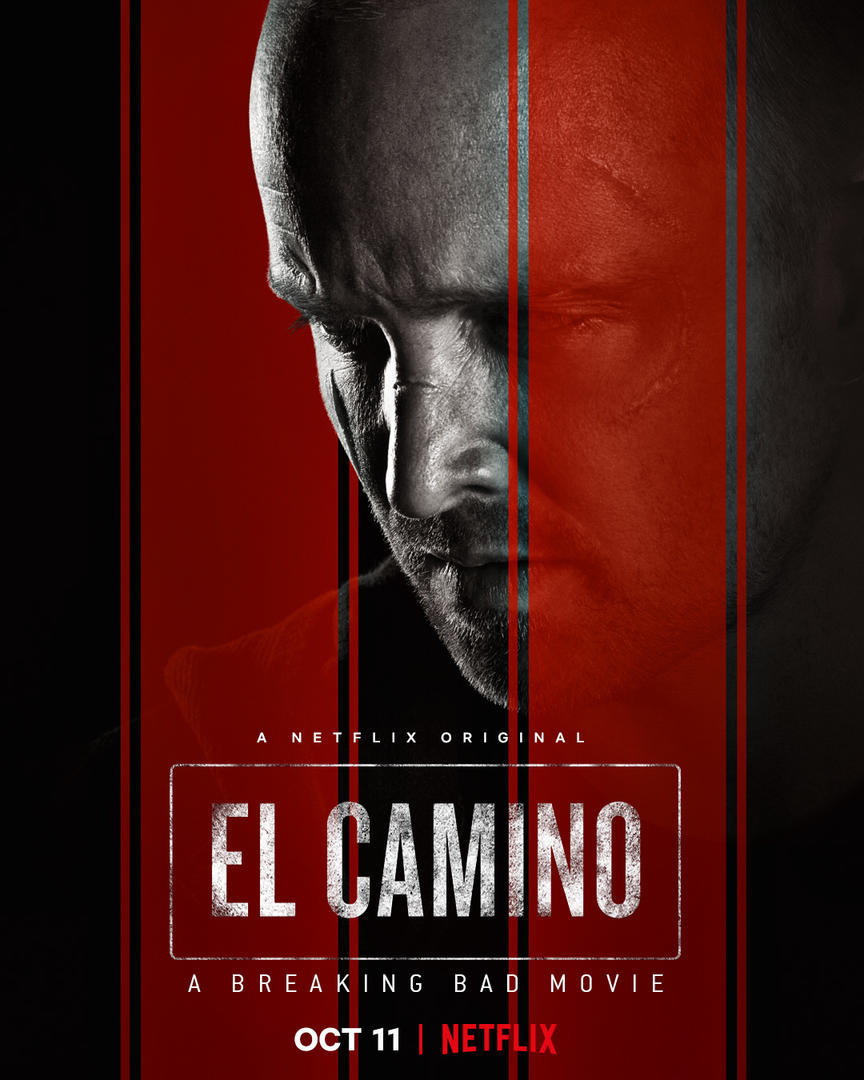
Avoided this for years because I considered the novel essentially unadaptable, most specifically in its overwhelmingly repulsive violence. As it turns out, Harron agrees—rather than even attempting to translate the book's slaughterhouse depictions to the screen, she reduces them to the abstract in the crazed scribblings Patrick's secretary Jean discovers in his notes. That moment, while it lacks the horrifying power of the book's lengthy descriptions of brutality and mangling, is nonetheless absolutely chilling.
It also highlights Harron's choice to wander outside Patrick's point of view and into the skins of the women he victimizes, the one area in which her adaptation is definitively superior to Ellis's novel. American Psycho the book is Bateman's story, Bateman's monologue, Bateman's experiences, and while being trapped in his head makes for suffocatingly powerful satire, it also locks the reader into a world without remorse, without empathy. We are sickened by the descriptions of Patrick's rape and torture and mutilation, but those acts might as well be happening to pieces of meat—the women are voiceless bags of flesh that are violated and then disposed of.
In American Psycho the film, the viewer is allowed to slip outside Bateman at crucial moments. When he solicits Christie for the second time, we inhabit her fear, her reluctance, her ultimate decision to dissociate and turn off her emotions in the hopes that this man won't hurt her; later, as he chases her, our perspective is not that of the man who holds the chainsaw but that of the girl who runs. And in the lesser, verbal violence he commits against Jean, we're inhabiting not his mind but hers; Bateman's callous, deliberate negging of her, every compliment barbed with a twist of abuse just underneath, honestly feels more visceral than a good chunk of the murders he commits, because Harron's camera follows Jean's pasted-on smiles, lingers on the hurt welling under her skin. When she finds the truth of who Patrick really is, we're alone in his office with her, experiencing the revelation in all its horror as though for the first time.
Ellis's novel is an American masterpiece in spite of its author, who in the three decades since its publication has done his level best to prove that he was capable of producing it only by accident. Harron's film succeeds because of its author—because of the ways she's able to mold Ellis's unrelenting charnelhouse to her own ends, enriching and expanding it without betraying its heart.











 )
)










